Beating Down Zebra Mussels in Lake Waco
Thursday, May 14th, 2015This is Passport to Texas
In September 2014, when City of Waco employees found zebra mussels near a boat ramp in Lake Waco, Texas Parks and Wildlife, the City of Waco, and Texas Army Corps of Engineers moved quickly to stop this non-native aquatic invasive in its tracks.
06-The City of Waco ordered up tarps, they hired commercial divers, set the plan, and last fall we put ’em all in place.
Brian Van Zee, Inland Fisheries Regional Director, says there wasn’t time to obtain permits for chemical treatments, so divers and staff positioned the eight thick, rubber tarps on the lake bottom over the infested area to block sunlight and oxygen below.
15- We just recently pulled those tarps from lake Waco, and it was really looking very good; we could tell by the condition of the tarps– underneath them–that we had reached anoxic conditions. You could smell the hydrogen sulfide smell and these black conditions you typically see when you have anoxic conditions.
Although divers found two live zebra mussels on rocks they brought up, Van Zee is optimistic.
14-Maybe we knocked back the number of zebra mussels that were in that area, far enough to where they cannot create a viable, reproducing population. We don’t know if that’s the case or not. We really won’t know probably until this spring or summer, actually; maybe even next fall.
Until then, all partners will continue to monitor the lake and enforce the clean, drain and dry law for all boaters. Learn more on the TPW website.
The Wildlife and Sport Fish Restoration program supports our series. Learn about combating zebra mussels and other aquatic invasives at texasinvasives.org.
For Texas Parks and Wildlife…I’m Cecilia Nasti.
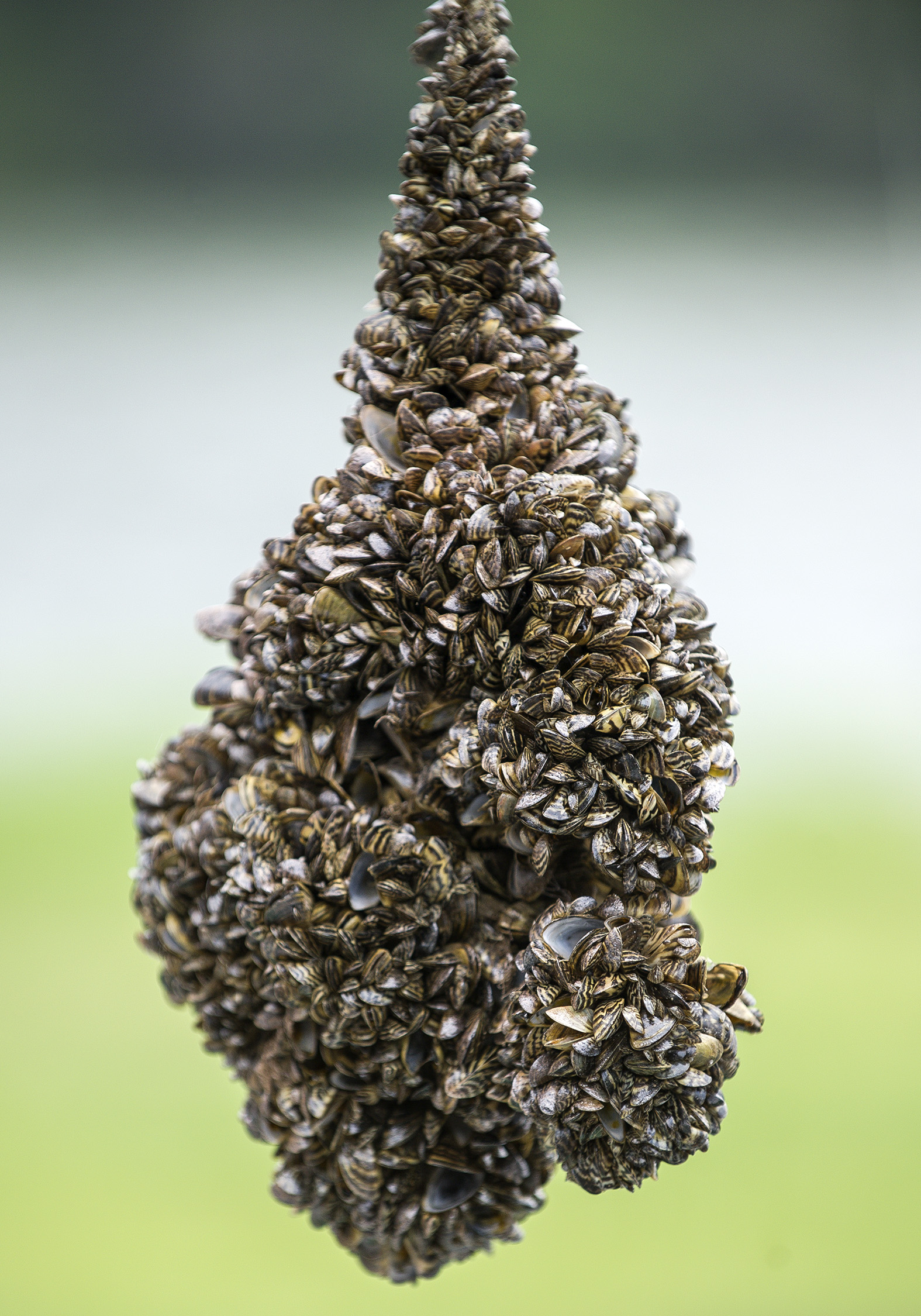

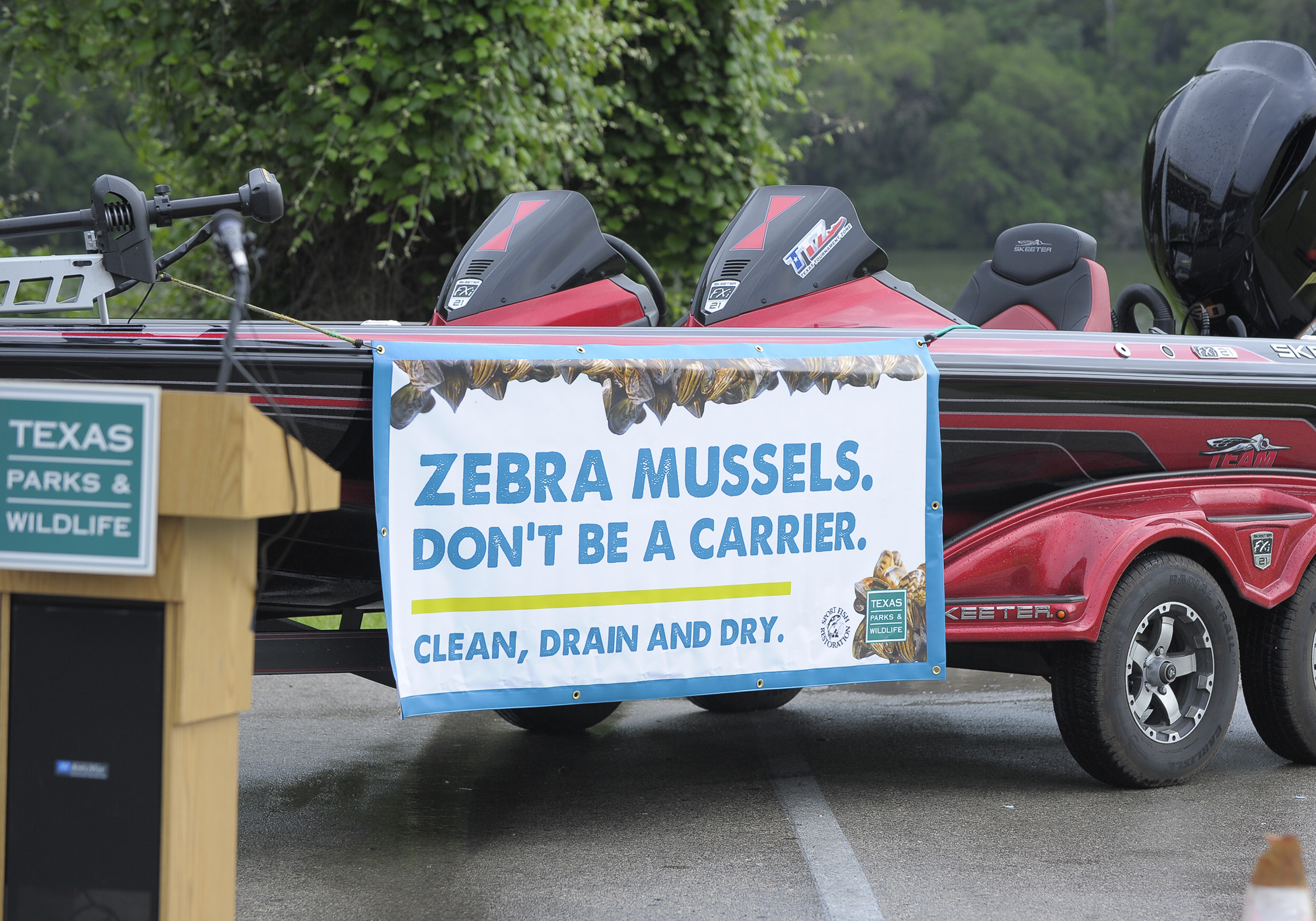
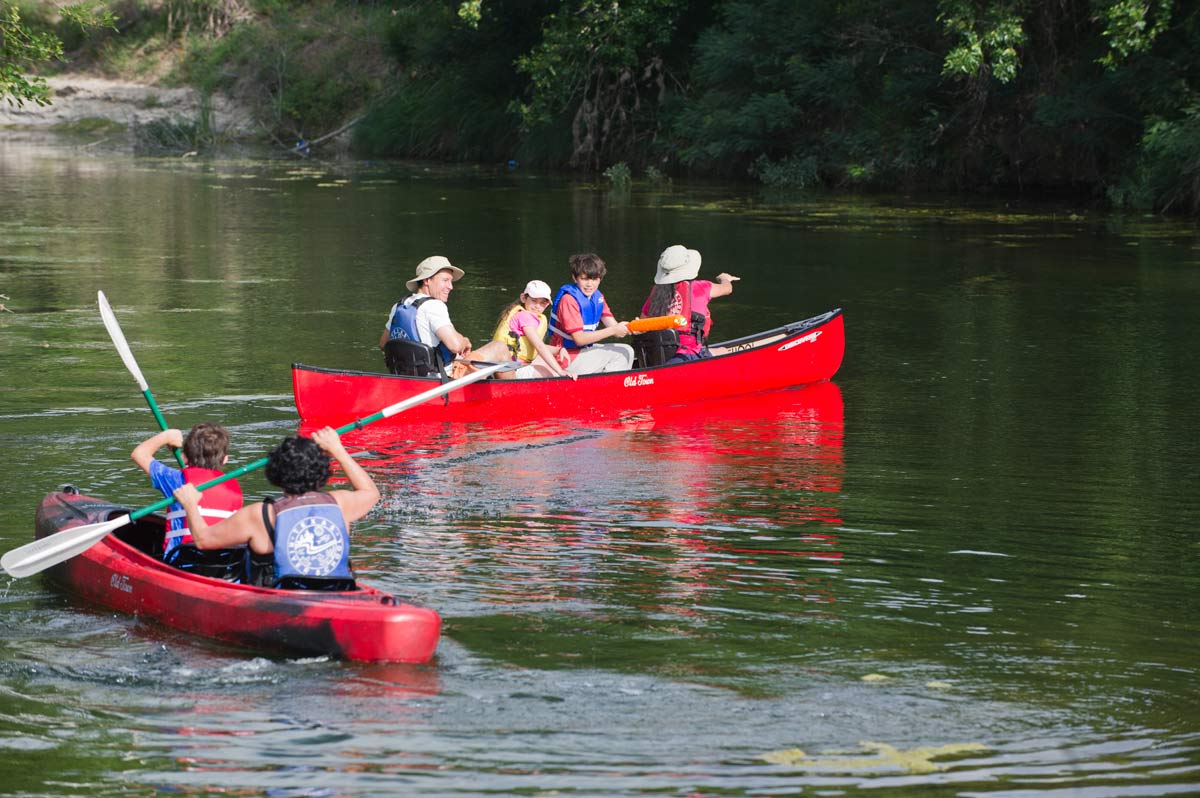
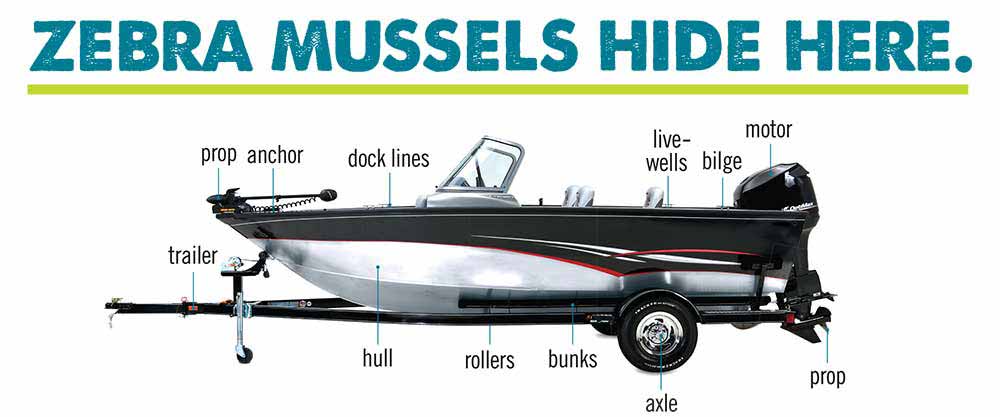
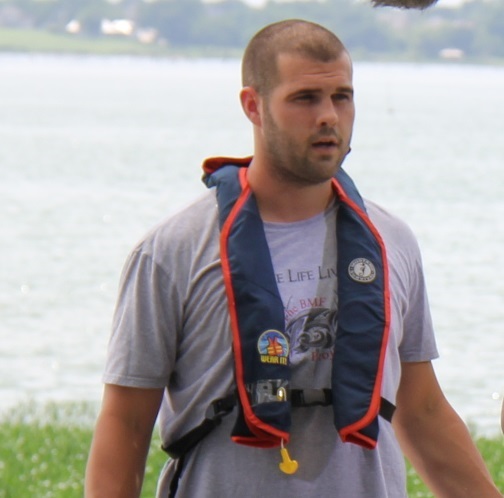

 Passport to Texas is a
Passport to Texas is a  Passport to Texas is made available by:
Passport to Texas is made available by: